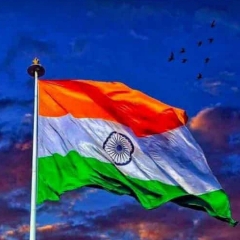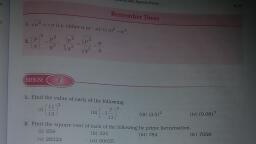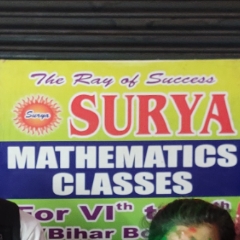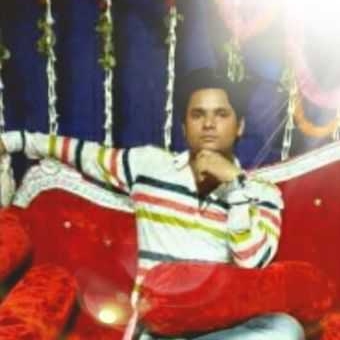Question 1 :
The rational number which is not lying between $\displaystyle\frac{5}{16}$ and $\displaystyle\frac{1}{2}$ is _________.
Question 4 :
The pair of rational numbers lying between $\displaystyle \frac{1}{4}$ and $\displaystyle -\frac{3}{4}$ is ?
Question 5 :
The multiplicative inverse of ........ and ......... are the numbers themselves.
Question 7 :
The value of $2\dfrac {1}{2} \times 10 - 4\dfrac {1}{3} \times 10$ is
Question 8 :
Which one of the following perfect square numbers, is the square of an even number ?$121, 625, 169, 1296$
Question 9 :
The number which exceeds its positive square root by $12$ is
Question 11 :
What smallest number must be added to 269 to make it a perfect square:
Question 15 :
If $x = 5$ and $y = x + 7$, then value of $\sqrt {x^{2} + y^{2}} =$.
Question 16 :
If $16^{2} = 256$, then which of the following are perfect squares?
Question 26 :
One-third of the square root of which number is $0.001$ ?
Question 27 :
The square root of $\displaystyle\frac{36}{5}$ correct to two decimal places is _____________.
Question 28 :
Find the least number which must be added to the following number so as to get a perfect square. <br/>$525$
Question 29 :
Subtracting which odd number will get the value of 288 for the square root of the number 484 using repeated subtraction method?<br>
Question 35 :
If $x\, \ast\, y\, =\, \sqrt{x^2\, +\, y^2}$, then the value of $(1^{\ast}\, 2\, \sqrt{2})(1^{\ast}\, - 2\, \sqrt{2})$ is:
Question 37 :
Find the least number which must be subtracted from each of the following numbers so as to get a perfect square Also find the square root of the perfect square so obtained <br/>$(i) 402, (ii) 1989, (iii) 3250, (iv) 825, (v) 4000$
Question 39 :
Evaluate each of the following using identities :<br/>i) $(399)^2$<br/>ii) $(0.98)^2$<br/>iii) $991 \times 1009$
Question 41 :
Find the square root of which of the following numbers will be the least :
Question 43 :
The square root of sum of the digits in the square of $121$ is
Question 44 :
Use Pythagoras theorem to check which of following triplets would make a right triangle.<br/>
Question 46 :
The condition that $x^4 + ax^3 + bx^2 + cx + d$ is a perfect square, is:
Question 47 :
If $a+b+c=6$ and $ ab+bc+ca = 11 $<br/>Find $\left( { a }^{ 2 }+{ b }^{ 2 }+{ c }^{ 2 } \right)$ ?<br/>






























